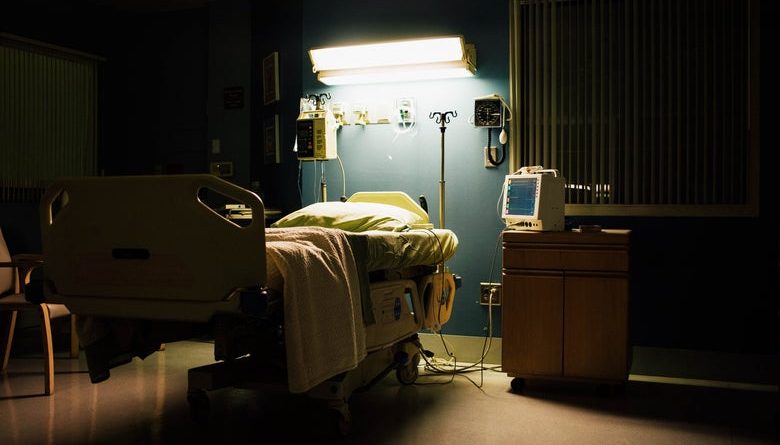Consumers shop for cheaper life cover options in tough economic times
Insurance: The South African economy faces strong headwinds that make life uncertain for many businesses and consumers. The finance industry and its clients are not insulated from the difficulties associated with difficult economic conditions.
In the past few years, we have seen notable changes in the life insurance market and in the product preferences of consumers. There has been an increase in the interest in fully underwritten life policies, and at the same time, there has been a stabilisation in the uptake of funeral cover. The rate of lapsed or cancelled policies also has increased.
Fully underwritten life policies are more comprehensive but have a higher premium than a simple funeral policy. The value for money of a life insurance policy, however, is higher than that of a standard funeral policy.
Interest rates have increased consistently since November 2021, putting consumers under serious pressure. They have had to prioritise what they spend their money on. This financial pressure is expected to continue for a while to come. During the Covid- 19 lockdown period take-home pay levels declined progressively and last year they returned to 2019 levels, according to the BankservAfrica Take-home Pay Index (BTPI). Significantly, the index demonstrated that take-home pay has remained between R12 000 and R13 150 since 2019 but the cost of living has increased substantially over that time.
The Covid-19 pandemic brought home a changing headspace for the average consumer because mortality and death are far more real given the many fatalities over the period. Consumers find the critical illness cover option compelling, as part of a life cover package, or as a standalone policy. That indicates how people are taking their healthcare needs are more seriously since the pandemic.
This is why Hollard now offers the critical illness benefit to cater for the changing consumer needs. Also, with the emergent tighter family structures, more people take-up family-related cover rather than standalone cover.
Some market segments have had lower new business volumes and more policy lapses . We expect that affordability challenges will remain in place in the short to medium term. These lower new business volumes and higher lapses means that fewer people are insured in certain segments than previously. Those people are, therefore, at higher risk of serious financial setbacks if something were to happen to their loved ones or to their health. In other words, this trend means the average consumer is less resilient to financial setbacks than two years ago.
Organisations need to understand and adapt to the changing world we operate in. This applies in the insurance sector too, where different solutions are required to meet the changing consumer needs. The economic forecasts are for inflation and interest rates to stay high for longer, meaning that consumer pressure is expected to be sustained for a while.
Mark Berrington is the Head of Strategy and Insight at Hollard Life Solutions.




